Burundi’s civil society organization, PARCEM, has renewed its call for a comprehensive overhaul of the country’s system of tax exemptions, warning of its damaging effects on the national economy. In a statement issued Monday, PARCEM expressed deep concern that overwhelming exonerations are significantly undermining government revenue collection and putting additional strain on small businesses.
“The limited expansion of the tax base, combined with massive exemptions, shifts the burden onto an already constrained economic sector, especially through income taxes and indirect taxes which represent nearly 50% of tax revenue,” said PARCEM in a statement posted on X. “The increase in these taxes causes inflation and worsens the living conditions of the population.”
According to PARCEM, the 2023–2024 fiscal year has seen a dramatic gap between budget forecasts and actual exemptions. While the government initially projected 135 billion Burundian francs in exemptions, the actual figure reached nearly 220 billion francs, an overrun of 167%. The organization has emphasized that this figure excludes exemptions granted under the Vienna Convention on Diplomatic Relations, suggesting that the real shortfall surpasses 100 billion francs.
The statement from PARCEM follows recent frustrations voiced by parliamentarians, who have questioned the effectiveness of the growing number of exonerations. MP Obed Nyandwi criticized the size of the exemptions and demanded explanations. “These exonerations might be too large. I would like to ask the [finance] minister to explain which goods are exonerated and how they benefit the citizens. In six months, we have exonerations amounting to 56 billion? What kinds of goods are so beneficial to the country?” he asked.
Another lawmaker challenged the government’s continued allocation of large exemptions in future budgets, citing a parliamentary commission’s findings that many exemptions do not yield tangible benefits for citizens.
Government Defense and Acknowledgment of Misuse
Responding to the concerns during a plenary session at the National Assembly, Finance Minister Nestor Ntahontuye defended the exoneration policy. He argued that many exemptions granted to non-profit organizations, NGOs, and investors play a critical role in supporting Burundian citizens and boosting economic development. “There are associations like ASBLs (non-profit organizations) and external financing, all the goods they bring in are exonerated because they are here to assist the citizens, which is where the benefit lies,” Ntahontuye said.
The Minister also highlighted exemptions on essential goods such as fertilizers and medicines and noted that incentives for investors are part of efforts to attract foreign investment. However, he acknowledged misuse in some cases, where goods meant to be sold at lower prices due to tax exemptions are instead marketed at inflated prices. “Those who receive exonerations are expected to lower prices so that citizens benefit. However, sometimes people misuse this by joining those who did not get the exoneration,” he said, adding that reforms are being considered to better regulate pricing.
Despite admitting discrepancies, Ntahontuye stressed that exoneration grants would continue, asserting that tighter control measures would be implemented to ensure the benefits reach ordinary citizens.
To address the escalating concerns, PARCEM proposed that the government temporarily suspend certain exemptions to allow for a thorough investigation. It urged authorities to identify beneficiaries, uncover cases of fraud, and establish accountability mechanisms. The organization also recommended conducting an economic impact study to assess the true profitability of investments tied to tax exemptions.
The local civil society further called for a harmonization of the legal framework surrounding tax advantages. The existence of multiple legislative and regulatory texts granting tax breaks in an uncoordinated manner demands a coherent and centralized overhaul, it argued. The organization emphasized the need to limit the number of institutions authorized to grant exemptions, remove discretionary powers in the exemption process, and strengthen internal controls within the Ministry of Finance. To ensure transparency and accountability, PARCEM advocated for the government to publish an annual analytical report monitoring the economic and social impacts of exemptions.
The mounting concerns over tax exemptions are not new. Historical figures show a persistent pattern of overruns. In the 2019–2020 fiscal year, exemptions were estimated at BIF191.7 billion, far exceeding the initial projection of 18 billion BIF. Almost half of these were granted under diplomatic agreements. In 2015, although BIF18 billion in exemptions were forecasted, actual exemptions rose by an astonishing 466.2%, surpassing 100 billion BIF. In 2017, more than 111 billion BIF in exemptions were recorded against a planned 18 billion BIF. Between July 2019 and January 2020, the execution rate for exemptions ballooned to over 490% of the projections.
The issue has previously drawn criticism from civil society and experts. Gabriel Rufyiri, president of the local anti-corruption watchdog OLUCOME, denounced the ongoing surge in tax exemptions as a “deliberate and excessive overrun,” blaming it for harming the state. He warned that many beneficiaries exploit the exemptions by selling tax-free products in ways that create unfair market competition.
Gilbert Niyongabo, an economics lecturer at the Burundi’s national university, also pointed out the dangers of improperly executed budgets, noting that significant overruns distort fiscal management and hurt the economy by fostering unfair competition between taxed and untaxed products.

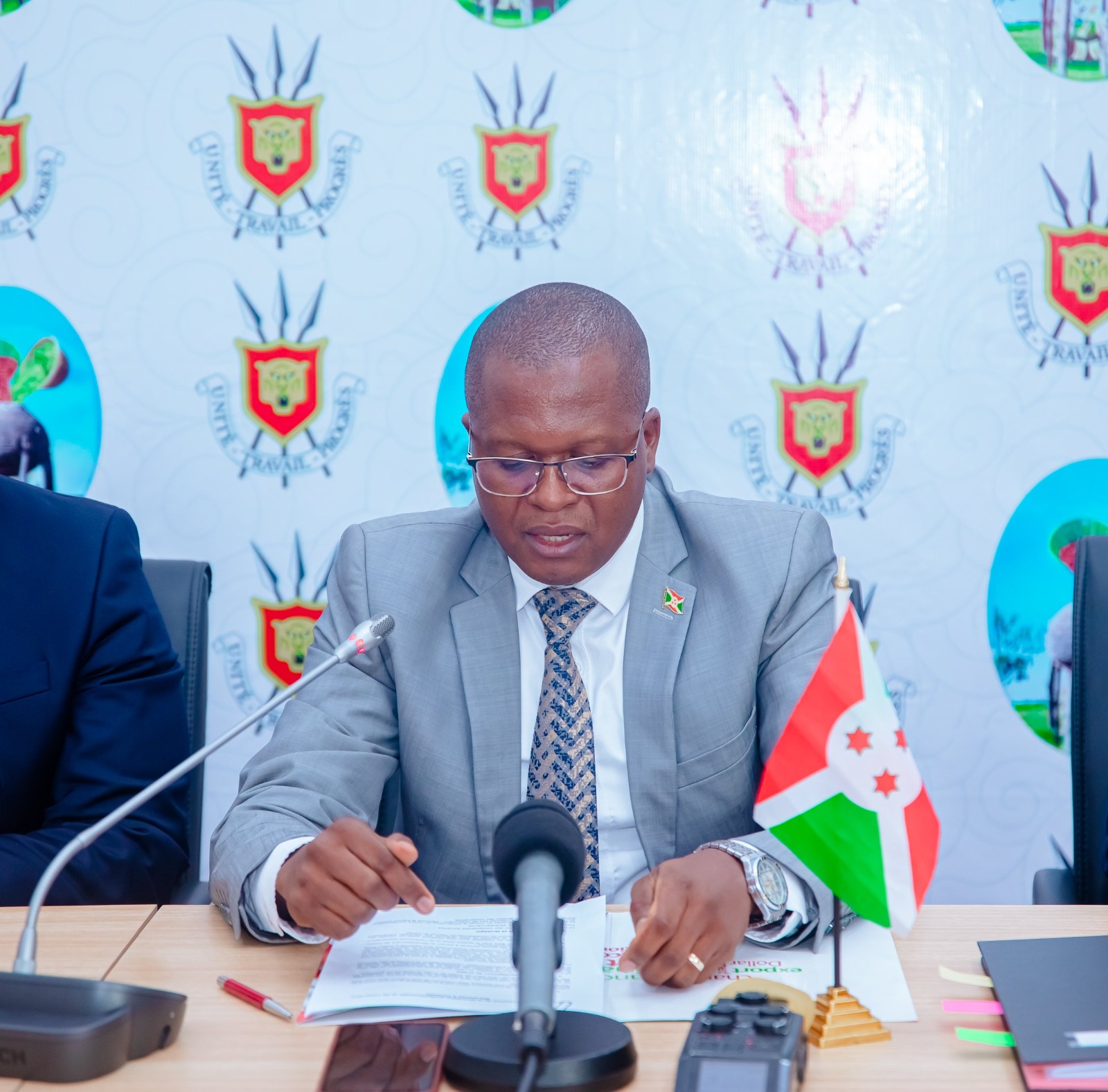

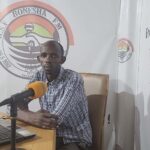
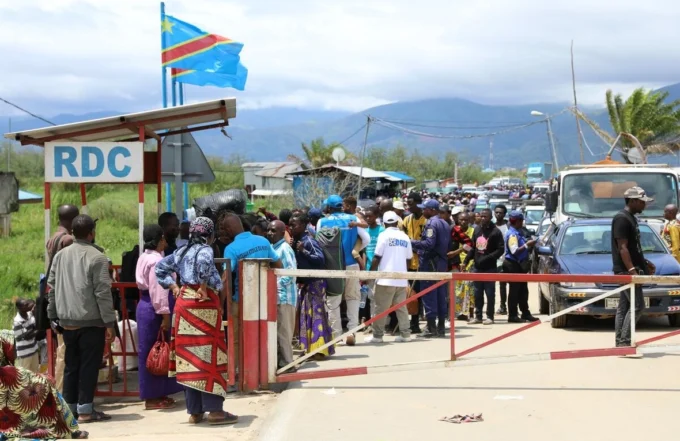
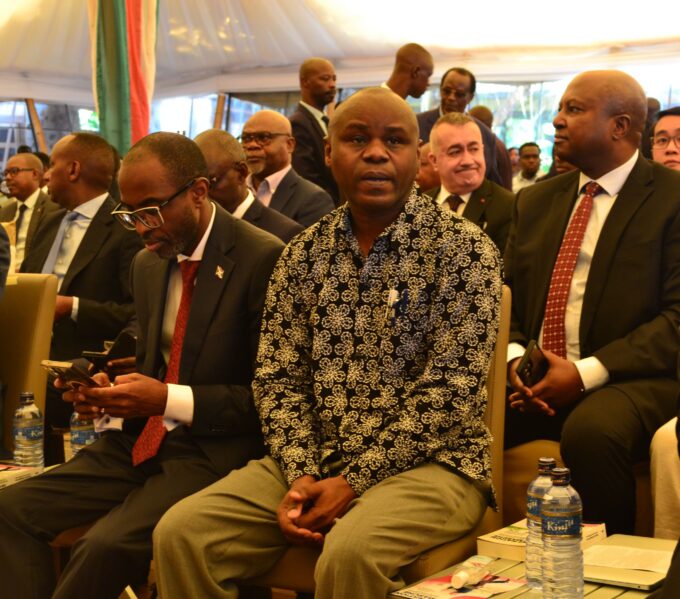

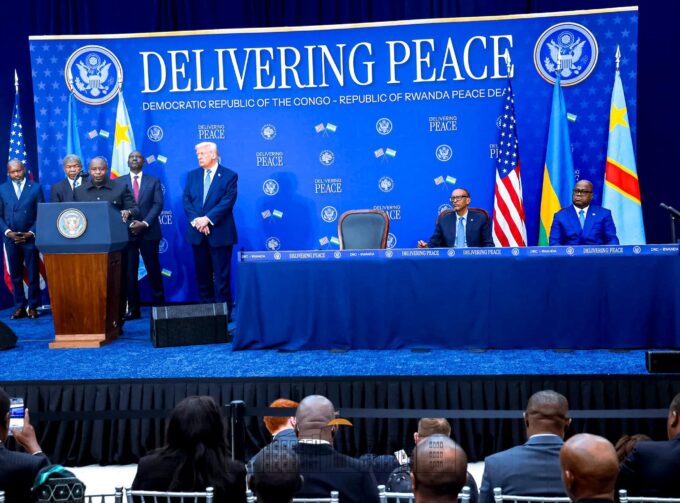
Leave a comment